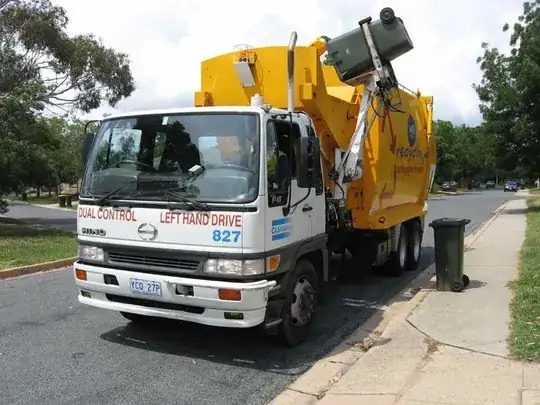My city, like many, has a recycling program, which I believe is supposed to reduce pollution and create some positive economic activity. But I've heard many people argue that recycling programs are a waste in and of themselves. Essentially that most recycling programs are having the opposite effect than they were intended to have. Not only are they bad for the economy, they are also bad for the environment.
Recycling on Conservapedia contends:
Critics dispute the net economic and environmental benefits of recycling over its costs, and suggest that proponents of recycling often make matters worse and suffer from confirmation bias. Specifically, critics argue that the costs and energy used in collection and transportation detract from (and outweigh) the costs and energy saved in the production process;
Are critics of recycling correct?
Do recycling programs usually have a net negative effect on the environment and the economy?
